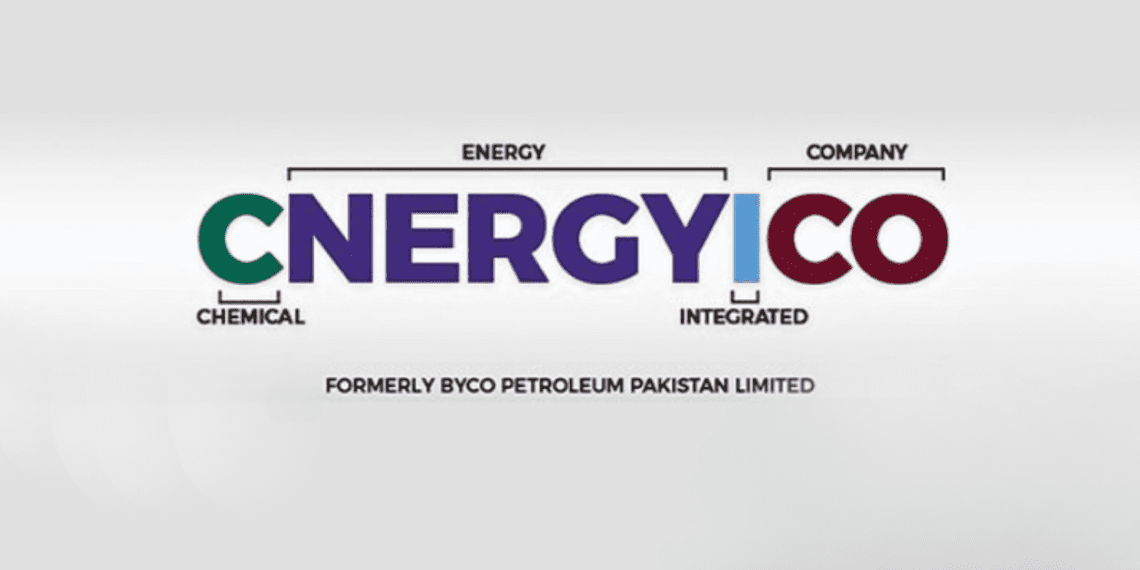Cnergyico Pk Limited, formerly known as Byco Petroleum Pakistan Limited, has announced plans for a substantial investment of over $1 billion as it embarks on the upgrading of its refineries to produce Euro V standards-compliant gasoline and diesel. The company conveyed this strategic development in a notice submitted to the Pakistan Stock Exchange (PSX) on Friday.
The company expressed its satisfaction with the recent approval by the Government of Pakistan, following consultations with all refineries, of amendments to the ‘Pakistan Oil Refining Policy for Upgradation of Existing/Brownfield Refineries, 2023.’ Cnergyico Pk Limited had previously committed to upgrading both its refineries to manufacture Euro V standards-compliant fuels, concurrently reducing Fuel Oil production.
The notice stated, “The anticipated investment by the company is set to exceed $1 billion; however, precise cost estimates will be established post the Front-End Engineering Design (FEED) of the Upgrade Project.”
Cnergyico Pk is a vertically integrated entity spanning the oil refining and marketing industries. It operates a crude oil terminal and possesses Pakistan’s largest oil refinery in terms of nameplate capacity, substantial crude oil storage tanks, and a network of petrol pumps.
In the preceding month, the Cabinet Committee on Energy (CCoE) approved amendments to Refineries Policy 2023. This decision, addressing implementation issues of existing refineries/Brownfield Refineries, empowers them to undertake major upgrade projects.
According to a report in Business Recorder, this policy amendment allows oil refineries to embark on significant projects, ensuring compliance with Euro V specifications. Additionally, it is projected to increase the production of deficit products such as petrol and diesel by 99% and 47%, respectively, while reducing the production of furnace oil by 78%. The latter, due to reduced demand in recent years, often leads to storage constraints, forcing refineries to scale down capacity utilization.
The refineries’ anticipated upgradation is expected to attract an investment of $5-6 billion, promising not only cleaner and environmentally friendly fuels but also significant savings in precious foreign exchange, as highlighted in the report. The move aligns with broader sustainability goals and economic efficiency in the energy sector.





